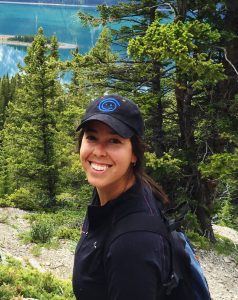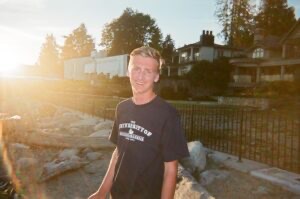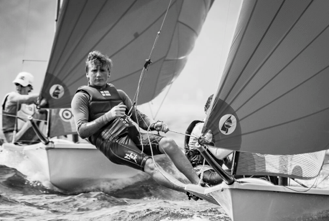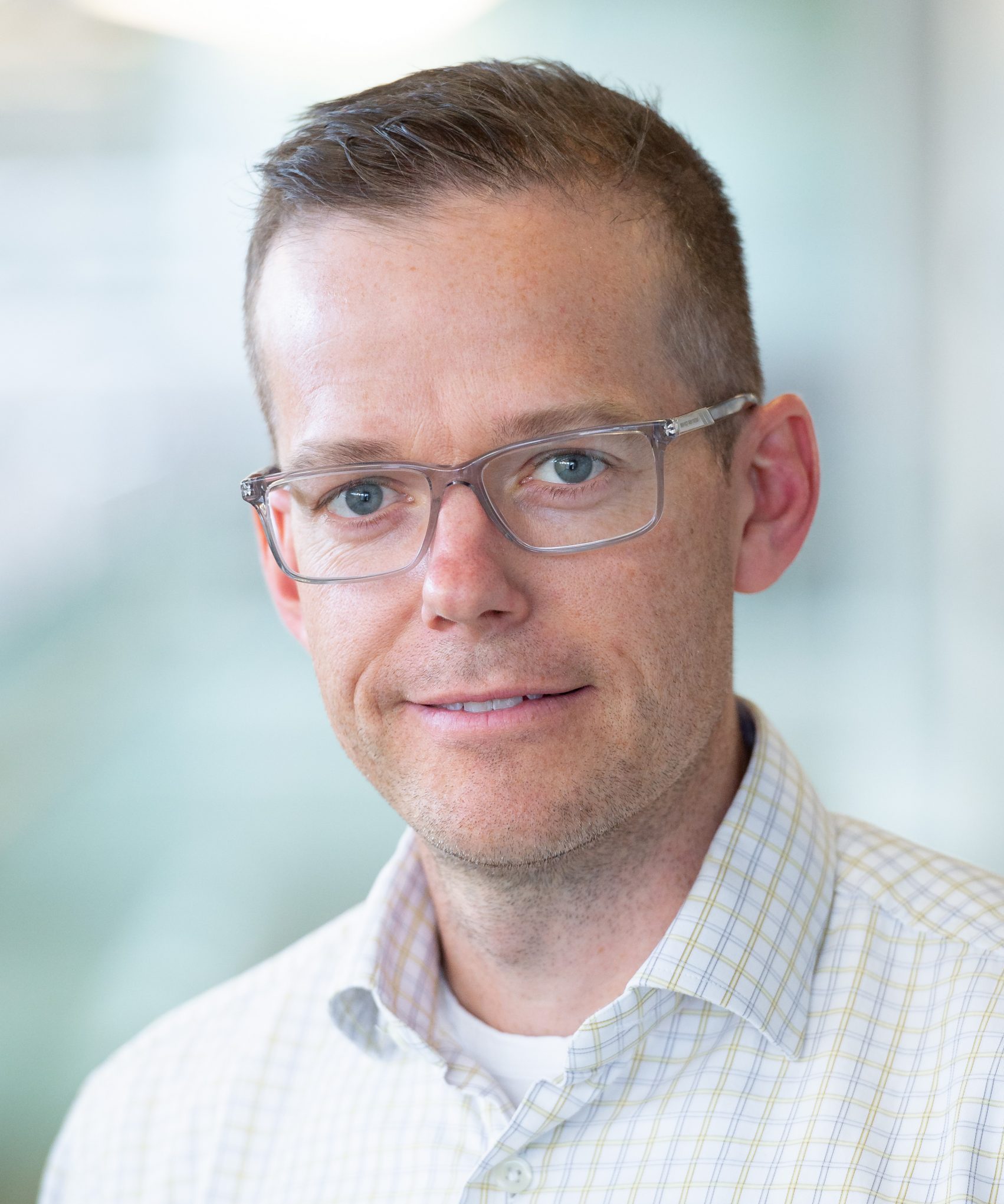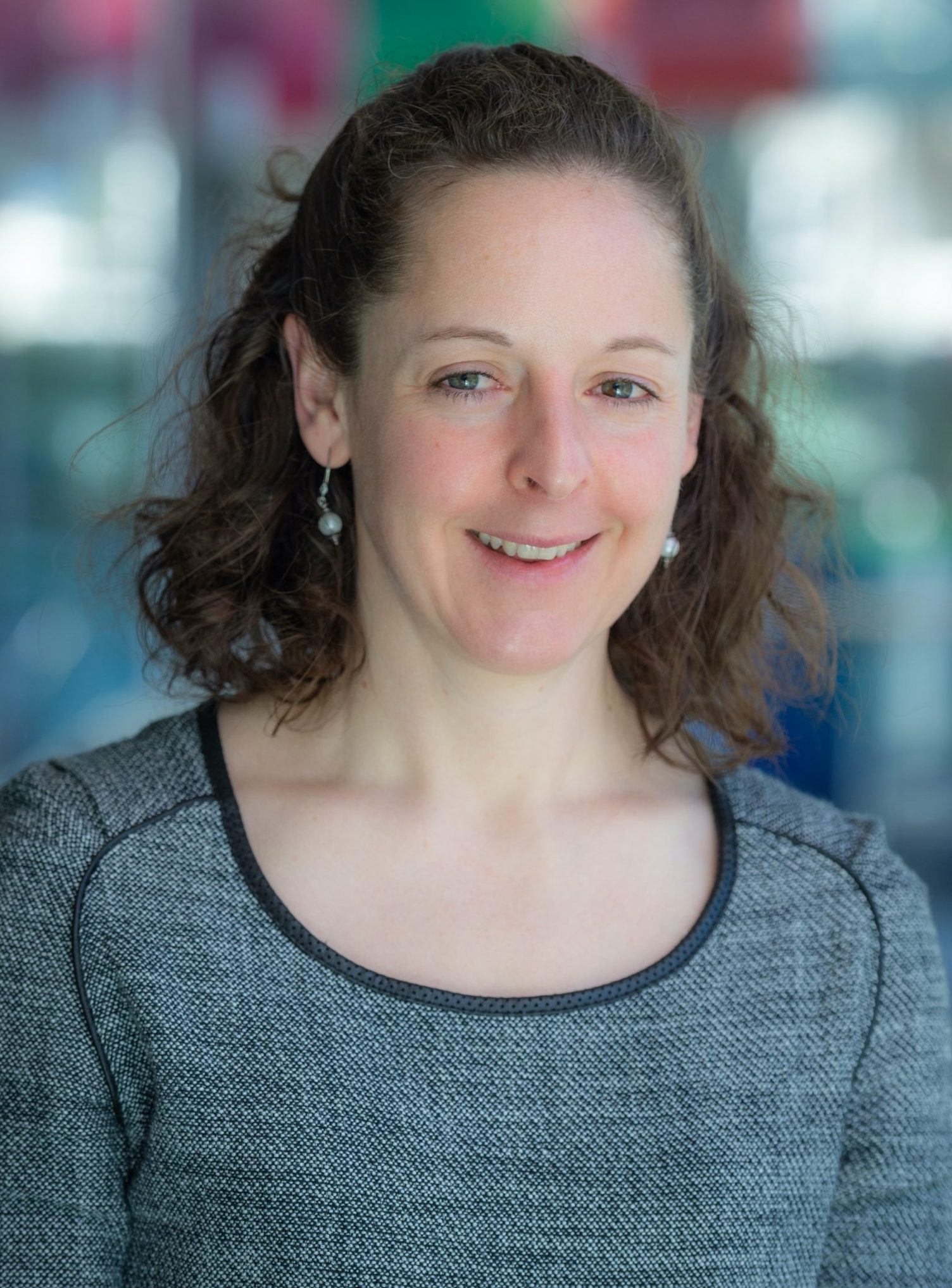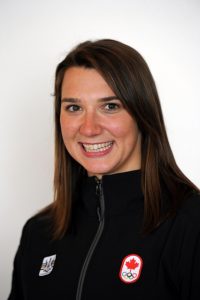
Heather MacLean, BKIN’15 demonstrates the outstanding and resilient characteristics of a Kin leader and alum. Heather is a former Olympic swimmer who now works in Toronto on the frontlines of the COVID-19 pandemic as a nurse.
We caught up with Heather who told us, “Growing up, sports played a large role in my home as my parents enrolled me into everything from dancing, gymnastics, soccer, hockey to swimming.” But at the age of 8, Heather started swimming competitively for the Etobicoke Swim club, and as she says “the rest is history!”
When asked what made Heather want to study Kinesiology, she says “I had always loved the human body and was an athlete, so KIN combined both of these two passions. My favourite classes, hands down were any anatomy and physiology. I also loved that many other varsity athletes were in KIN; it really built a community within the varsity program that created so much T-BIRD pride! I also did not know exactly what I wanted to do after my undergrad, but KIN was a great starting point to all the options I had in mind. Whether it was teaching, medicine, nursing, physio… I knew KIN would give me the foundations I needed.”
Outside of academics at UBC, Heather was a member of the UBC Thunderbird Swim Team and trained with the High Performance National Swim Center. Swimming has played a large part in her life and some of the many highlights she mentions are winning the U Sport Team Championship in 2012, and making the 2012 Olympic Team at Trials. “I had failed to qualify [for the Olympic team] a few days earlier in what would have been considered my better event. After that, there were truly a lot of emotions when it finally all came together as I punched myself a ticket for the Games.”
However, Heather’s swimming journey was never easy. “My swimming career involved many ups and downs. I struggled a lot with my mental health at times and lost my passion for the sport in 2010. I think my proudest moment was overcoming that hard time in my career and working my way back to qualify for the 2012 Olympics. It was more than just fulfilling a lifetime goal, but rather, it showed how far I had come and the hurdles I had to jump to get there.” says Heather.
When speaking about her nursing career Heather says “I truly feel so lucky to be a nurse, and I can confidently say I love my job. Nursing gives you the opportunity to positively affect someone’s life when they are going through an anxiety-provoking experience. I love that I can be the person they rely on, trust and be their advocate.”
Best Career Advice Heather has Received: “Always be open to learning new things. Take any opportunities you can get. Then use these opportunities as a chance to develop yourself.”
Tips for Success: “Be true to yourself, work hard, but most importantly have fun. Through swimming and nursing I have learned you really can never succeed unless you’re having fun and love what you are doing!”



